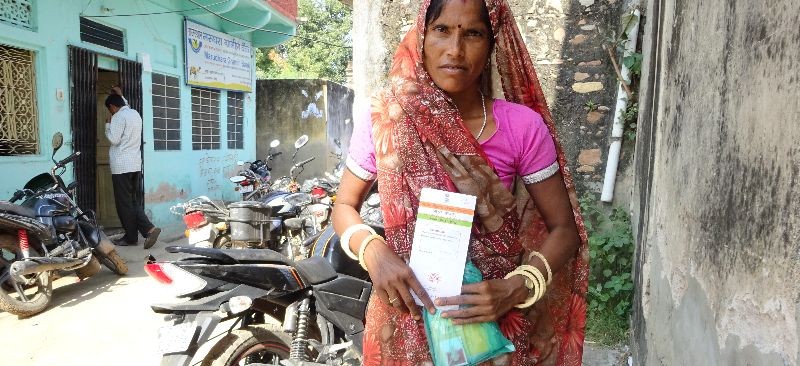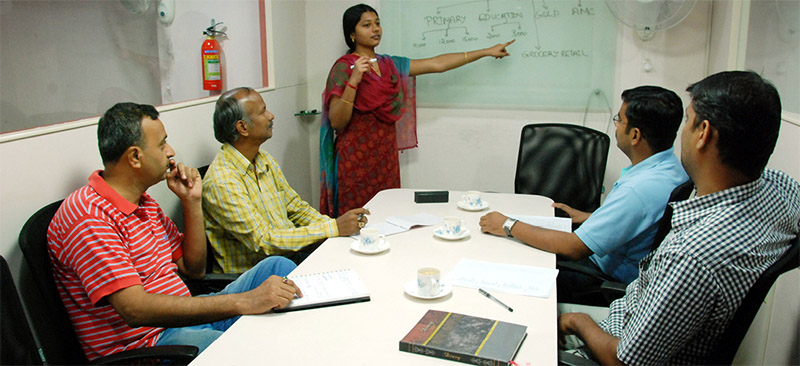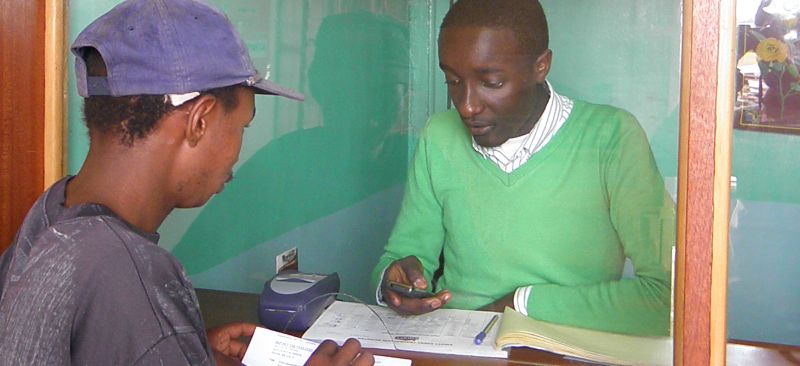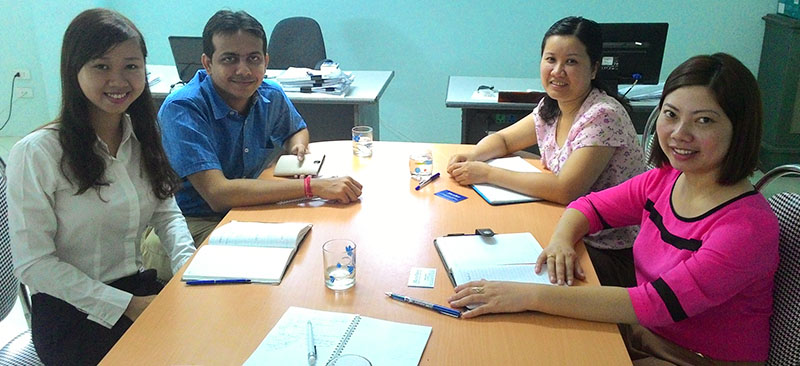
MSC works with governments to assess the readiness of their enabling G2P infrastructure. At the program-level, we also assist in the design, test, and roll out of G2P programs.
MSC’s key projects in this area include the development of a roadmap for the Government of Malawi to transition from cash to digital G2P payments, and the PAHAL and Ujjwala LPG (cooking gas) programs in India. We also designed the processes to route subsidy for LPG to the bank accounts of beneficiaries and assessed the impact of the Ujjwala scheme.
MSC’s interventions helped the Indian government to eliminate 33 million duplicate or “ghost” beneficiaries. The government now provides a subsidy of about INR 2,514 (USD 34) for LPG cylinders to each eligible household in a year. Estimates indicate that the total savings for the Indian government from the move to digital cash transfers amounts to USD 744 million per year.
Bantuan Pangan Non Tunai (BPNT) is the program for food subsidy transfer in Indonesia, where MSC provided critical inputs to the government to remove bottlenecks. As of 2018, the program reached 5 million beneficiaries and will reach 10 million by 2019. The budget for this is around USD 1.4 billion.

MSC helps design innovative solutions for complex public problems, conducts pilot testing, and creates strategies to scale up the best solutions.
A good example of this is MSC’s on-going, long-term, advisory support to the Government of Indonesia to develop a strategy and conduct pilot for its electronic know-your-customer (e-KYC) process. As part of the engagement, the MSC team conducted a pilot using digital identity (e-KTP).
This transformative intervention will have a positive impact on the 60 million-plus unbanked people in Indonesia by streamlining the onboarding process for opening accounts. It will also facilitate the development and delivery of a wide range of services that FinTechs as well as government and private sector service providers in the country offer.

The Cordaid-Rabobank Foundation-MSC Indonesia microfinance development program supported a selected group of 15 microfinance institutions (MFIs) spread across Java and Bali islands in Indonesia.
MSC subsequently provided assistance to strengthen the MFIs’ operations through strategic business planning, market research, product development, testing and rollout, process re-engineering, risk management, and a variety of other key interventions. MSC also trained local consultants so that they could provide quality services in a sustainable manner to the partners and to other financial institutions.
In a subsequent phase of the project, MSC strengthened the effectiveness of microfinance institutions in augmenting the livelihoods of the low-income segment, served by the partner cooperatives. Across the two phases, over 345,341 micro-entrepreneurs, including 30,000 smallholder farmers, benefited from accessing enhanced financial services.

MSC worked to strengthen over 65 MFIs in remote rural areas of India for the Royal Bank of Scotland Foundation and DIA Vikas. Under the program, MSC undertook the following activities:
- Helped partner institutions conduct market research, develop strategic business plans, design, test and rollout products, set-up robust systems and processes, manage risks, and optimize financial reporting systems.
- Trained local consultants to provide sustainable technical assistance.
- Developed a “MFI-in-a-box” toolkit for wider use of the practical and ready-to-use tools, templates, and material prepared under the program.
Three of the MFIs supported have now transformed to become small payments banks. Together, the 65 MFIs now serve more than 40 million customers.

REGMIFA contracted MSC to support Access Bank in Tanzania to boost its deposit mobilization. The move aimed to transform the institution from a largely credit-focused institution into a commercial bank that could successfully compete for deposits within an increasingly competitive banking sector.
MSC worked with the bank to strengthen its deposit mobilization activities across a wide range of interconnected areas. These included human resource management and staff incentives, marketing and communication, liquidity management, products and services, brand and image analysis, brand re-positioning, training, and business process re-engineering.
MSC’s intervention resulted in the bank being able to diversify its deposit base gradually, first through raising a wider range of fixed deposits, then by expanding the number and range of customers who use its savings and current accounts actively. As of the end of December, 2017, the bank had customer deposits of USD 87.4 million sourced from over 269,000 depositors served from 15 branches.

MSC helped transform Proximity Finance’s microfinance program from a credit-focused project to an institution that provides a comprehensive range of financial services, including savings and deposit products.
MSC was responsible for developing the transformation plan for the client, which included legal and institutional transformation. Proximity Finance currently reaches over 78,000 active borrowers with an outstanding gross loan portfolio of USD 15 million and PAR>30 at 0.34%.





